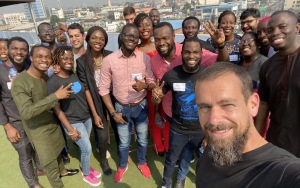 Everyone’s scared of China. Everyone thinks China is about to take over the world.
Everyone’s scared of China. Everyone thinks China is about to take over the world.
It’s not.
China is aging faster than we are. China’s authoritarian rulers stop new ideas from developing. They’re wasting just as much money, and potential, in Xinjiang and Hong Kong as we are with our Gulag and border wall.
In an age where human capital is the gating factor to economic growth, there is only one name for young men and women to know.
Africa.
This is not just about Twitter and Square CEO Jack Dorsey’s plans to spend half his time there next year. It’s about what is there whether he’s there or not.
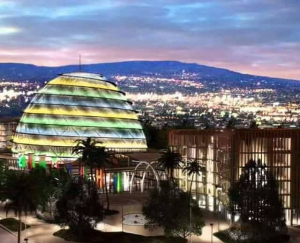 People forget how big Africa is. They also forget how many people live there, over 1.3 billion. That’s more than Europe and the U.S. combined. More important, the median age in Africa is 19.4. That’s half what it is here.
People forget how big Africa is. They also forget how many people live there, over 1.3 billion. That’s more than Europe and the U.S. combined. More important, the median age in Africa is 19.4. That’s half what it is here.
Governance in Africa is a hodgepodge. You have everything from strict authoritarianism to a libertarianism that would make Howard Roark blush. Some parts of Africa are so badly managed the people are starving in gardens. But there are functioning democracies, and there are thriving communities of entrepreneurs all over.
Consider Rwanda, for instance. If you think of it at all, it’s probably in terms of their mid-1990s genocide, when Hutus massacred Tutsis in carload lots before the eyes of the world media. People who could understand Serb vs. Croat somehow missed the similarity. Ethnic nationalism is deadly stuff.
Today, the median age of Rwanda’s 12.7 million people is 19.6, and their numbers are growing at 2.5% per year. The average Rwandan has no memory of the genocide. It’s a story their parents tell, the way my parents talked of World War II. Rwanda today has a thriving entrepreneurial culture, world-class designers and musicians. The capital of Kigali has 6.4-megabit Internet. You can buy 1 gigabit of mobile download for about $1.
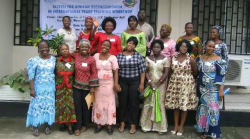
There’s a lot wrong with Africa. There are too many dictators, there’s too much corruption, there’s too much hunger and too much war. Frankly there’s too much oil, always tempting for colonialists and kleptocrats. The map is a mess, created by Europeans and barely changed since.
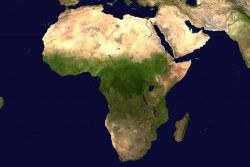
Beyond listening, investing, and speaking only when spoken to, the best thing Americans can do for Africa is what we’ve done most of this decade, which is to leave it alone.
Not everyone is going to do that.
China sees Africa the same way previous colonialists did, as a source of raw materials. It has been tying up corrupt leaders with one-sided deals that seem to give the dictators and their families something up-front but tie their infrastructure and assets to China.
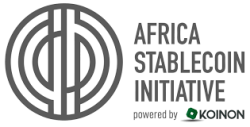
What Pan-African trade needs to take off is a reserve currency, something that will retain its value, as local currencies do not. Something that’s easy to use.
This brings us to Dorsey. Jack is a single fellow, 43, with an estimated net worth of $4.3 billion. He runs Twitter and Square out of his back pocket. Dorsey knows the best people are always free agents, and contracts be damned. Call it the entrepreneur’s code. You can tie up their intellectual property, you can make them work for you over some length of time, but their next great idea is always their own.
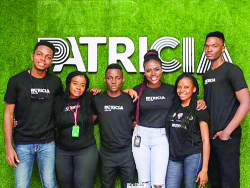
This is what Facebook’s Libra was all about. Dorsey sees a chance to play in that space and avoid the nuisance of the Central Bankers that tied Zuckerberg in knots.
Dorsey is coming home, but he’s going back. Give Africa an electronic currency it can call its own, that works in any mobile phone, in any country, and you can start building some pan-African digital businesses run by African entrepreneurs.
I am talking here of an African-owned, African-controlled, entirely electronic marketplace. Put local currency into something that holds its value, trade it, get your money out in local currency when needed.
Jet fuel for the African Century.


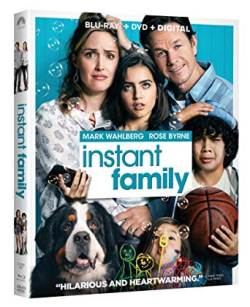







CEO Jack Dorsey said he’s reconsidering his upcoming move to Africa due to the COVID-19 outbreak. His plan was to relocate to the Ptcl Speed Test for more best connections
CEO Jack Dorsey said he’s reconsidering his upcoming move to Africa due to the COVID-19 outbreak. His plan was to relocate to the Ptcl Speed Test for more best connections